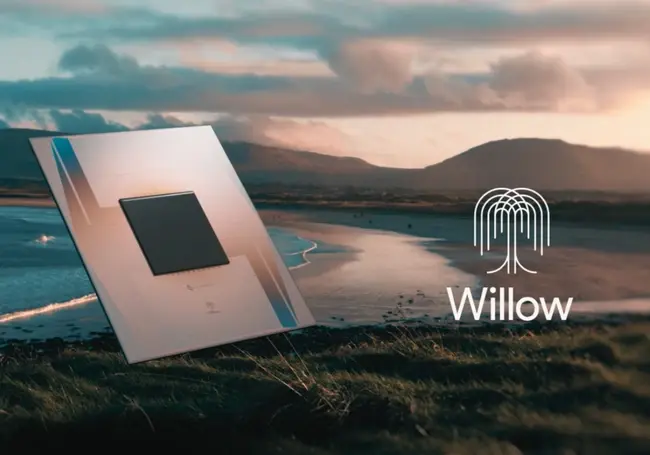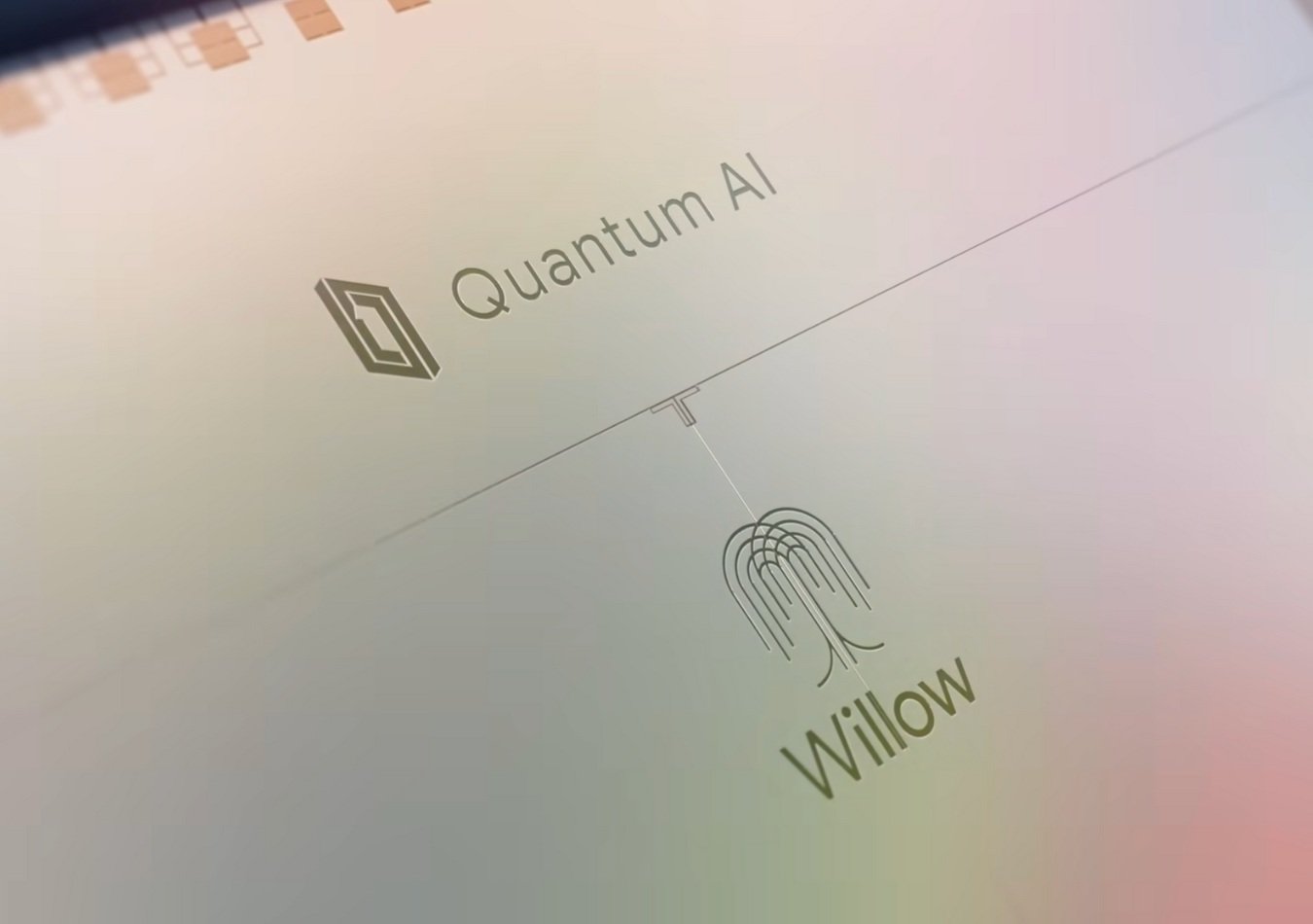Google claims that its new quantum computing chip called Willow is a major breakthrough that will bring practical quantum computing closer to reality.
According to Hartmut Neven, founder and lead at Google Quantum AI, Willow performed a computation in under five minutes that would take one of today’s fastest supercomputers 1025 or 10 septillion years.
“If you want to write it out, it’s 10,000,000,000,000,000,000,000,000 years,” expressed Neven. “This mind-boggling number exceeds known timescales in physics and vastly exceeds the age of the universe.”
The founder added that this possibly indicates that many parallel universes might be in existence. This aligns with the idea of us living in a multiverse – a prediction first made by David Deutsch.

Kevin Bocek, Chief Innovation Officer at Venafi, a CyberArk Company says that as the world edges closer to the day that a quantum computer capable of cracking encryption becomes a reality, companies must consider their quantum readiness plans.
"A big part of this challenge is knowing where machine identities – i.e. the system of authentication keys and certificates that secure machine-to-machine communication that our digital world relies on – are being used," he added.
"Larger organisations will have thousands, or even hundreds of thousands, of identities that need to be replaced with new quantum-proof identities."
The study about the breakthrough quantum chip was published earlier on Monday [December 9, 2024] in the journal, Nature.
The study showed that the quantum computing device performed well enough to potentially scale up and run complex quantum algorithms that need error correction. This is a big step towards building practical quantum computers.
Google CEO Sundar Pichai on X stated: "We see Willow as an important step in our journey to build a useful quantum computer with practical applications in areas like drug discovery, fusion energy, battery design and more.”
This article tells you everything you need to know about Google's Willow quantum computing chip, a major breakthrough in quantum mechanics.
What is a Quantum Computing Chip?
Quantum computing chip technically functions as processing hardware for quantum computers that allows qubits (also known as quantum bits) to perform immensely fast calculations. Qubits are leveraged to perform exorbitantly fast complex calculations that classical computers are incapable of solving.
These qubits form a fundamental unit of information in quantum computers. Unlike classical bits, which can only be 0 or 1, qubits can exist in a superposition of both states simultaneously – meaning they can exist in multiple states at the same time.
Also Read: What is Quantum Origin by Quantinuum? | Solution Overview
What is the Willow Quantum Computing Chip?
Willow is a quantum computing chip developed by Google to reduce calculation errors in complex problems exponentially. They prove this by using more qubits.
Similar to other quantum computing chips, Willow too uses qubits to perform tasks much faster than typical computers. However, Google claims that Willow quantum chip can surpass even supercomputers, solving problems in minutes that would take supercomputers 10 septillion years.
Neven stated that the more qubits we use in Willow, the more we reduce errors, and the more quantum the system becomes.
“We tested ever-larger arrays of physical qubits, scaling up from a grid of 3x3 encoded qubits to a grid of 5x5, to a grid of 7x7 — and each time, using our latest advances in quantum error correction, we were able to cut the error rate in half,” he explained.
“In other words, we achieved an exponential reduction in the error rate.”
Hailing it as a “historic accomplishment,” Neven says that it is known in the field as “below the threshold.” Essentially, it is able to drive errors down while scaling up the number of qubits.
Google claims that the Willow quantum computing chip is the first compelling example of real-time error correct on a superconducting quantum system.” This could be vital for any sort of computation.
The Willow chip is a “beyond breakeven” demonstration where the collection of qubits has “longer lifetimes than individual physical qubits. This is an “unfakable sign that error correction is improving the system overall,” Neven says.
Google Willow quantum chip concept allegedly proves that massive quantum computers can also be built.
“Willow brings us closer to running practical, commercially relevant algorithms that can’t be replicated on conventional computers,” expressed Neven.
Why are Quantum Computing Chips important?
Quantum computing chips are important because they are specialised hardware that uses qubits to perform calculations much faster than classical computers. Such fast calculations can help transform a wide variety of industries from cybersecurity to medicine, materials science, and artificial intelligence (AI).
Quantum computing chips are special chips that use quantum mechanics to perform calculations much faster than traditional computers. This could revolutionize fields like medicine, materials science, and artificial intelligence by solving problems that are currently impossible or would take too long for regular computers.
The biggest challenges in quantum computing are decoherence and quantum noise. This is because quantum computing functions on the principles of quantum mechanics that solve highly complex problems which classical computers are incapable of solving.
It deals with the physical features of nature at the scale of atoms and subatomic particles, EM360Tech reported. It provides a framework to understand and predict the behaviour of these strange particles like superposition and entanglement, which often defies typical projections.
Such random selection actually supports quantum computers in performing calculations that massively outperform classical computers.
What is the Future for Willow Quantum Chip?

Google's “breakthrough” quantum computing chip will aim to exhibit the first-ever "useful, beyond-classical" computation on today's quantum chips that is relevant to a real-world application.
The tech giant continues to experiment with the Willow generation chips. It’s running the RCS benchmark that evaluates performance against classical computers but it doesn’t have any real-world applications.
In another experiment, Google is conducting scientific simulations of quantum systems that are already leading to new scientific discoveries but are within the reach of classical computers.
“Our goal is to do both at the same time — to step into the realm of algorithms that are beyond the reach of classical computers and that are useful for real-world, commercially relevant problems,” stated Neven in the blog post.




Comments ( 0 )